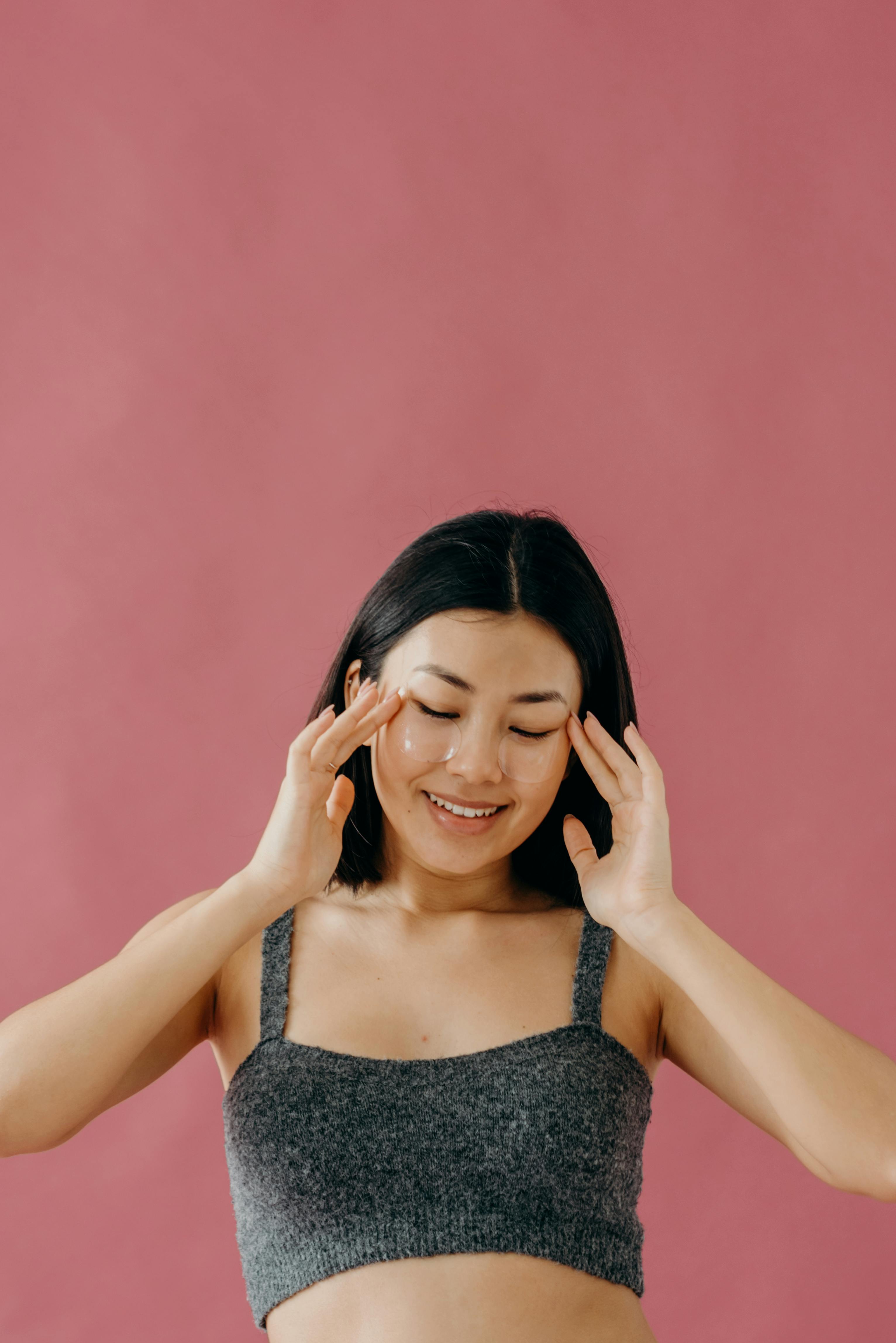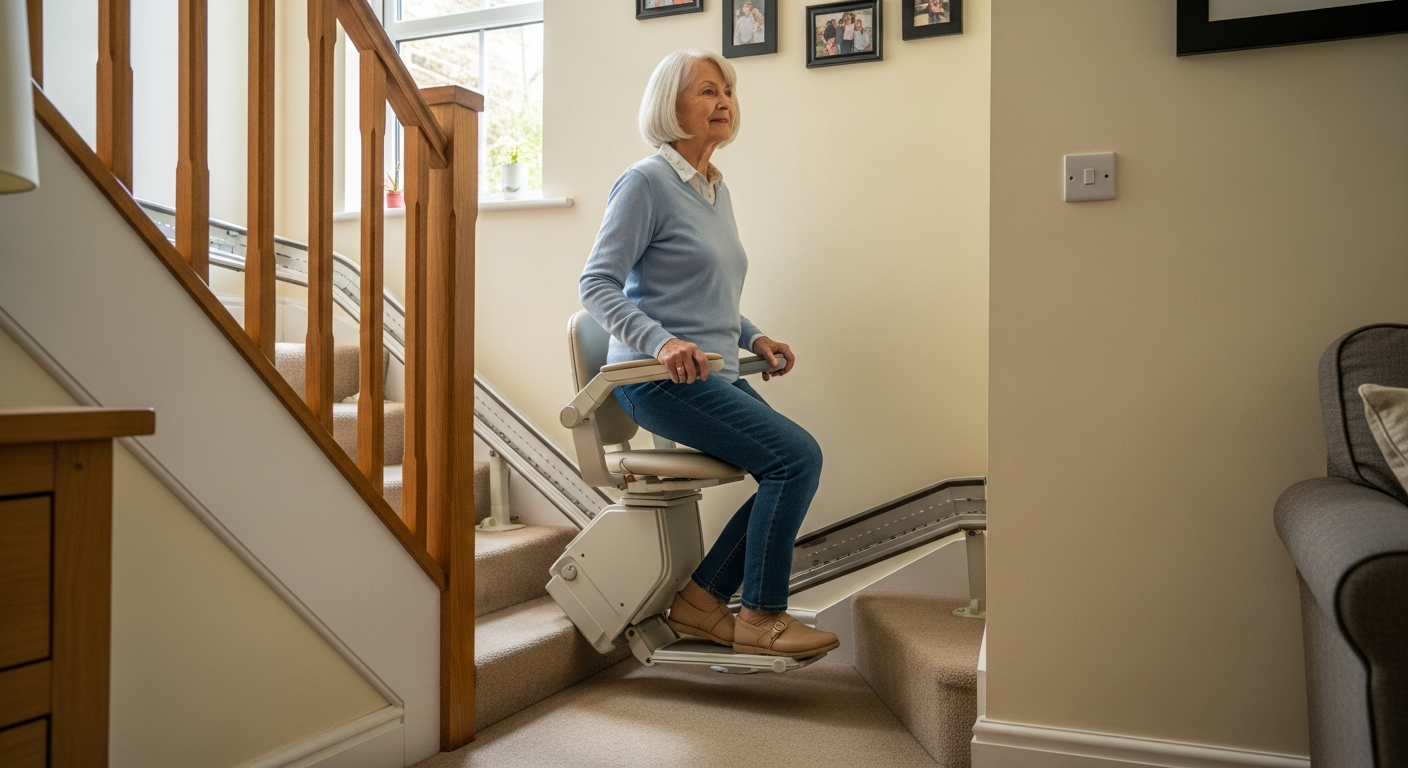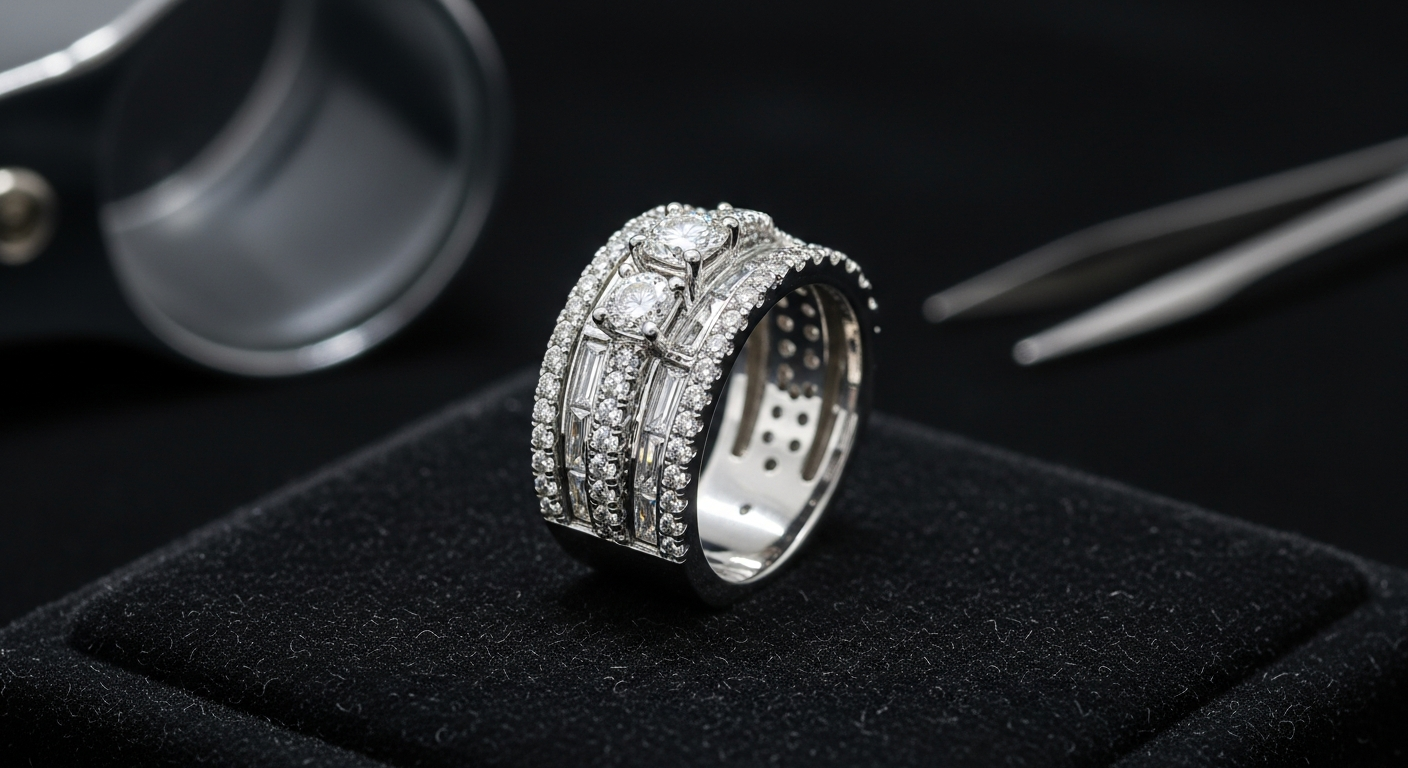Unveiling the Science of Chronobiology: The Next Big Thing in Beauty and Fitness
Chronobiology might not be a term that you come across regularly, but it's gradually making its way into the mainstream beauty and fitness industry. This emerging field of science studies how our biological rhythms interact with the environment, impacting everything from our sleep patterns to skin health and body weight. The principles of chronobiology are now being used to optimize beauty routines and fitness regimes, promising better results by aligning with our body clocks.

A Glimpse into the Past: Chronobiology and its Roots
Chronobiology has its roots in the early 18th century when French scientist Jean-Jacques d’Ortous de Mairan discovered the concept of biological rhythms. He observed that mimosa plants opened their leaves during the day and closed them at night, even in the absence of sunlight. This led to the realization that living organisms have internal biological clocks.
However, chronobiology as a formal science started gaining momentum only in the 20th century. In 2017, the importance of chronobiology in health and wellness was recognized when the Nobel Prize in Physiology or Medicine was awarded to researchers for their discoveries of molecular mechanisms controlling our biological clock.
The Current Scenario: Chronobiology in the Beauty and Fitness Industry
In recent years, the beauty and fitness industry has started to appreciate the potential of chronobiology. Research has found that our skin, the largest organ in our body, has its own circadian rhythms. It’s been noted that skin cell regeneration is faster at night, and skin is more susceptible to environmental damage during the day. Based on this, skin care companies are formulating products designed for use at specific times of the day to maximize their effectiveness.
Similarly, the fitness industry is leveraging chronobiology to optimize workout routines. Studies have suggested that late afternoon might be the best time for physical activities as body temperature and hormone levels peak, leading to improved performance and reduced injury risk.
The Impact and Market Relevance of Chronobiology
The incorporation of chronobiology into beauty and fitness regimes has opened new avenues for product development and personalized routines. It has led to the rise of ‘time-based’ skin care products promising improved results by aligning with the skin’s natural rhythms. The global skincare market size was valued at USD 134.8 billion in 2018, and the emergence of chronobiology-based products is expected to fuel its growth further.
In fitness, personal trainers and fitness apps are incorporating chronobiology principles to tailor workout plans according to an individual’s biological clock. This personalized approach is expected to enhance user engagement and improve results, driving the growth of the global fitness industry, which is projected to reach $87.2 billion by 2025.
Evidence-Based Recommendations for Embracing Chronobiology
To leverage the benefits of chronobiology, it is recommended to align your beauty and fitness routines with your biological clock. Use antioxidant skin care products in the morning when the skin is most vulnerable to oxidative stress. At night, use products that boost skin regeneration.
For fitness, try scheduling your workouts in the late afternoon for optimal performance. However, it’s important to note that everyone’s biological clock is different, and what works for one person may not work for another. Therefore, it’s crucial to listen to your body and adjust your routines accordingly.
Conclusion
The application of chronobiology in beauty and fitness is a testament to the industry’s evolution. By understanding our biological rhythms, we can optimize our routines for better results. As the science of chronobiology continues to unfold, it’s safe to say that we are on the brink of a new era in beauty and fitness, one that is more aligned with our natural rhythms and overall wellness.






